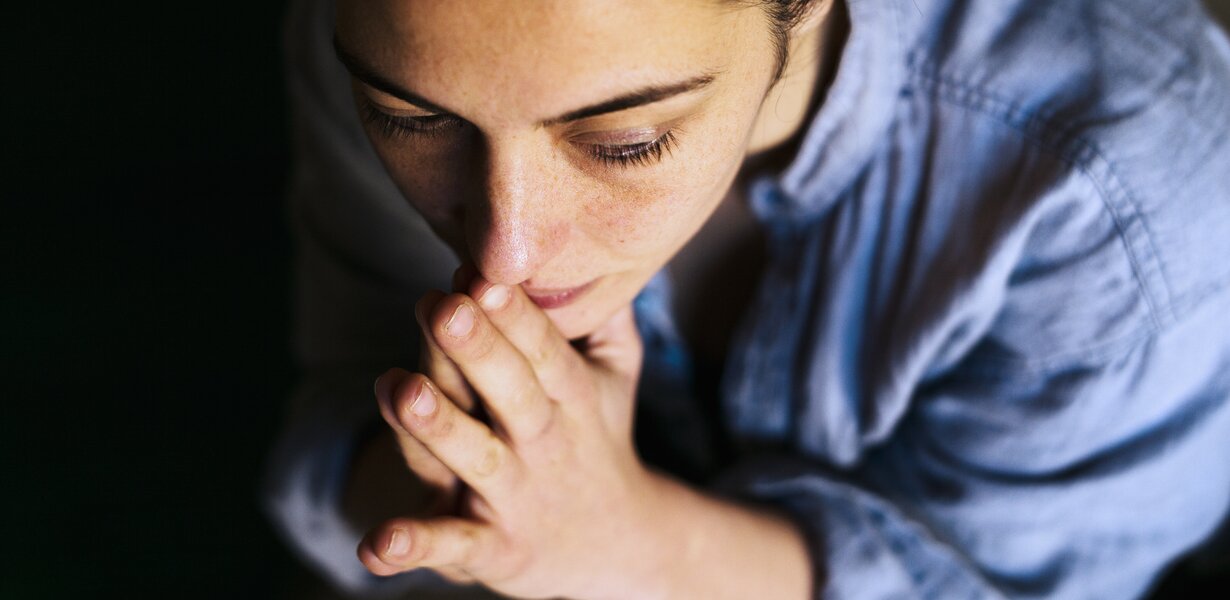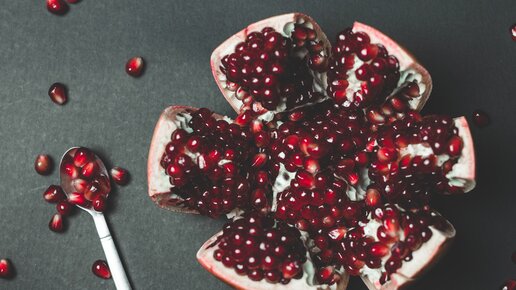What is cystitis? And how does it develop?
Inflammation of the bladder (med. cystitis, aka. urinary tract infection or UTI) is an inflammation of the mucous membrane of the bladder, which can spread to the bladder wall. The inflammation is usually not only limited to the bladder, but also affects the urethra.
The main pathogens for cystitis are considered to be bacteria, which in most cases originate from the large intestine (in about 80% of cases the intestinal inhabitant Escherichia [E. coli]). Much less frequently, it can also be caused by viruses, parasites or fungi. If these pathogens enter through the urethra and travel up to the bladder, they can cause irritation and inflammation.
Why are women more "susceptible" to urinary tract infections?
Women are four times more likely to be affected by cystitis than men. This susceptibility can be put down to natural anatomical factors: For example, the outlets of the urethra and anus are naturally closer together in women than in men. In addition, the female urethra is significantly shorter, which makes it easier for germs to enter the bladder.
Risk factors: What can lead to cystitis?
There are various risk factors associated with the development of cystitis. These include:
- inadequate hydration
- frequent sexual intercourse
- changes in hormonal balance (e.g. menopause, pregnancy)
- disturbed vaginal flora due to excessive hygiene practices
- incorrect wiping technique
- hypothermia (e.g. due to cold feet, cold seats, wet bathing clothes)
- weakened immune system (e.g. due to stress, lack of sleep)
- certain diseases (e.g. diabetes mellitus, prostate enlargement)
- certain medications (e.g. certain birth control pills, long-term antibiotic therapy)
Honeymoon cystitis - when passion leads to pain
Newly loved-up couples often find it hard to keep their hands off of one another. But the butterflies in the stomach can sometimes be followed by a burning sensation for the woman. The world’s most natural and beautiful pastime, sex can unfortunately make it easier for intestinal pathogens to find their way to the urethra.
What can cause (rarely occurring) cystitis in men?
Bladder infections are considered a typically female complaint. This is because male anatomy - the longer urethra and the greater distance between the urethra and the anus - makes it more difficult for pathogens to cross over and cause a urinary tract infection.
While young men are usually immune to bladder infections, a clear increase can be observed in older age. The increased likelihood of infection can be attributed to an age-related enlargement of the prostate. This benign growth can lead to narrowing of the urethra, which causes difficulty in emptying the bladder completely. The remaining urine can then become an optimal breeding ground for pathogens.
Cystitis: Are there differences in treatment and prevention for men?
Treatment for men
Men are affected by cystitis less often when compared to women, but its course is usually more severe. The reason for this is the significantly longer urethra, which can be inflamed along its entire length. While women are often able to get a freshly caught bladder infection under control with natural measures, these methods are usually not effective enough for men. If a urinary tract infection is suspected, men should consult a doctor immediately in order to prevent a more severe infection and associated complications as early as possible - it will usually be treated with antibiotics. In the case of recurring bladder infections, a visit to the urologist is also advisable, as they can detect any anatomical antecedents (e.g. prostate enlargement).
Preventive tip - just for men
To prevent bladder infections, men should take good care of their privates. Practising good personal hygiene, both before and after sex, is extremely important. Wearing condoms can also have a protective effect.
More tips for men and women: How can you prevent cystitis?
A bladder infection is no fun at all. But the good news is that it is preventable. Simple measures are often enough to mitigate most risk factors:
1. Drink, drink - and drink some more!
Drinking plenty of fluids is essential for prevention as well as for the treatment of cystitis. Even if urination is unpleasant in the case of an infection, it helps you to heal by flushing out the pathogens. If you are prone to UTIs, you should also make use of this natural cleansing effect after sexual intercourse - show bacteria the way out by urinating as soon as possible after sex.
2. Natural hygiene
Daily care of the intimate area is important and correct. However, to protect the balance of our natural bacterial flora, harsh products should be avoided. Ideally, only lukewarm water should be used for intimate cleansing or - if that is not enough to "feel fresh" - a pH-neutral soap is also fine.
3. Correct wiping technique
After a bowel movement, the correct wiping technique is vitally important. To avoid playing "taxi" for potential pathogens, always wipe from front to back.
4. Underwear: comfortable and natural!
Tight-fitting thongs are not only uncomfortable - the rubbing, pinching and cutting can also promote UTIs. The same applies to synthetic fabrics, which create a warm and humid climate. So when it comes to underwear, it’s important to choose wisely. Loose, breathable underwear that’s suitable for hot wash cycles is best (cotton works perfectly). If you don't want to give up your lace, microfibre and the like, you should at least choose options with a cotton gusset and always make sure that they are not too tight.
5. Dress warmly
Yes really - your grandma had the right idea! When we are hypothermic (too cold), our bladder is less well supplied with blood, which makes it easier for pathogens to take hold. For this reason, we should avoid sitting for too long in wet bathing clothes, or on cold seats, or getting cold feet. Warmth is also good for easing an existing bladder infection. Using a hot water bottle or a warm wrap has a soothing effect by relaxing the cramping muscles and thus relieving pain.
6. Bladder-friendly diet
Those prone to recurrent cystitis should also rethink their diet. Eat plenty of vegetables, low-sugar fruits, nuts, seeds, fatty fish, spices and high-quality vegetable oils. But try to limit foods that promote inflammation, such as fatty meats (especially pork) and sausages. In the case of recurring symptoms, it is also advisable to cut down on sweets and other foods rich in sugar, juices, coffee, alcohol and processed products (with the E-numbers E433 and E466). The latter are suspected of promoting inflammation of the mucous membranes. Special probiotics, on the other hand, support the immune system as well as healthy intestinal and vaginal flora.
7. Drink tea, wait and see
Herbal teas designed to support the kidneys and bladder have a diuretic effect and can thus help to clear the urinary tract of unwanted pathogens. Teas made from birch leaves, horsetail and goldenrod herb, for example, are among the best "herbal cleansers".
8. More helpful natural remedies
The plant world has plenty of other bladder-friendly helpers at the ready. While certain antimicrobial agents such as rosemary extract can keep potential pathogens at bay, stinging nettle extract, for example, can help to expel them with its diuretic effect. Many sufferers also swear by cranberry - both as a preventive measure and for existing infections. According to In-vitro studies, the proanthocyanidins (PAC) contained in cranberries can make it difficult for bacterial pathogens to adhere to the walls of the urinary tract. This ensures that the prerequisite conditions for cystitis (i.e. the attachment of the bacteria to the target tissue) is nipped in the bud as quickly as possible.
Conclusion
Even simple tips and tricks can help prevent cystitis. Many of these natural home remedies also help to cure an existing infection. If the symptoms persist for more than three days or keep returning, you should seek advice from a medical professional.
Literature with the author.










